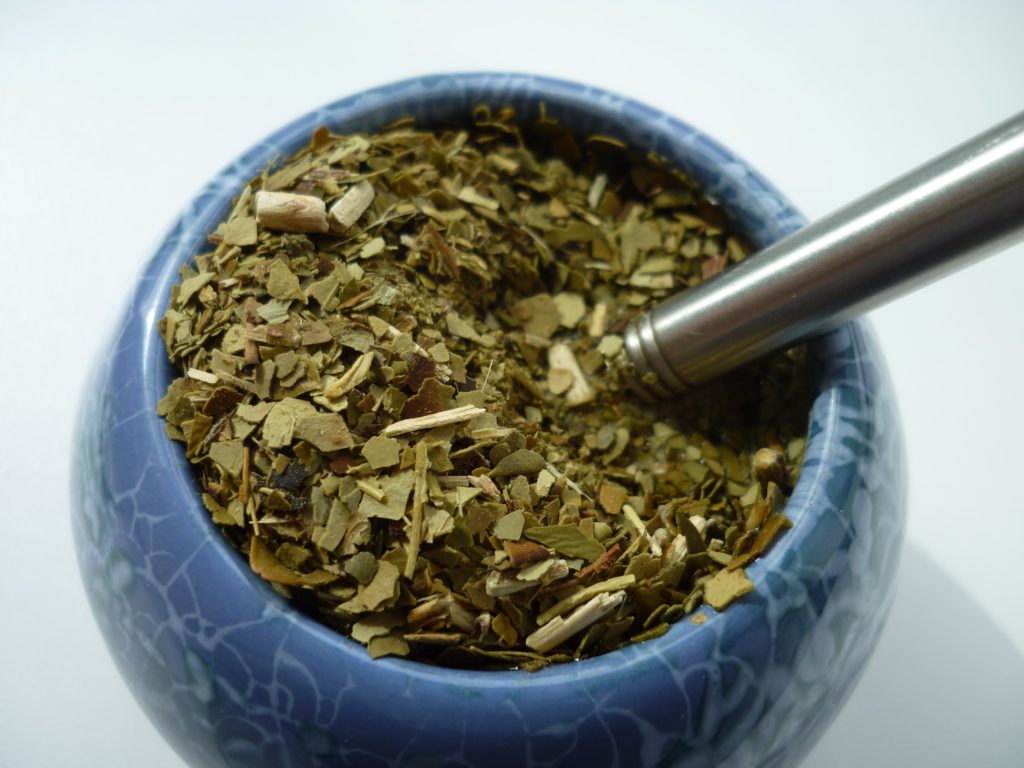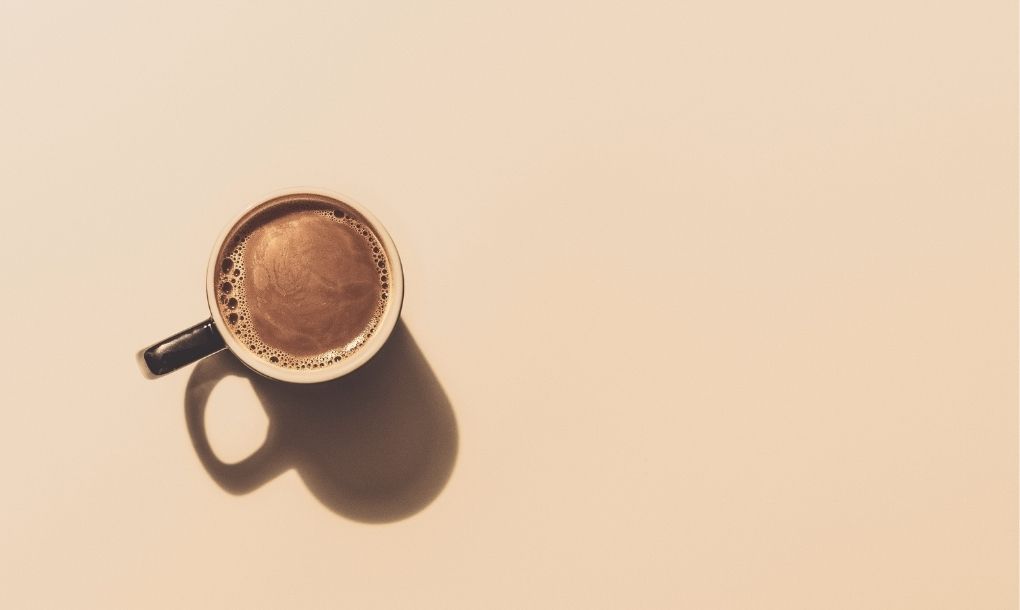Date of the last update: 15.03.2022
When you feel sleepy or have an energy slump, usually coffee is the first thing that comes to your mind. It is the most popular and widely consumed beverage to invigorate and give a good energy boost. As it turns out, there are many alternatives to coffee that have similar or even better effects. Some of them may be less harmful to the stomach, while their excessive consumption does not have side effects. So what are the substitutes for this drink, so eagerly consumed by most of us?
Table of Contents:
You can read this article in 4 minutes.
Coffee and its properties
Coffee is a drink made from roasted and ground coffee beans. The caffeine contained in coffee increases energy, concentration and alertness. Regular coffee drinking promotes better liver function and boosts the immune system, thus reducing the risk of contracting many diseases.
It can also reduce histamine levels, which are responsible for allergic reactions. Caffeine blocks adenosine receptors, which are associated with fatigue. A cup of coffee is an effective way to kickstart your morning (especially after a sleepless night). However, this effect is temporary. Afterwards, you may feel fatigue, reduced concentration and lack of energy.
But of course, everything must be done in moderation. A caffeine overdose can cause increased anxiety, lowered blood pressure and give you the jitters. Too much caffeine also leads to insomnia and distraction. It is also worth remembering that coffee leaches magnesium (which is necessary to generate energy) from the body. It may be particularly dangerous if you follow a diet low in this mineral. Its deficiency leads to symptoms such as headaches, muscle cramps and heart problems. So remember to supply magnesium by eating grains, cocoa, seeds or legumes, for example.
To drink or not to drink?
Originally, coffee comes from Africa and was brought to Europe from Ethiopia around the 16th century. It quickly became an integral part of our everyday life enjoyed by people from different cultures and one of the most popular stimulants in the world today. It makes us feel good, lifts energy and boosts our mood, but these benefits are addictive and actually reduce energy levels in the long run. Coffee can be used as a one-off remedy on days when you are suffering from low blood pressure, to make you feel more energised and ready for action. If you feel the urge, it is best to drink it around 10 a.m., preferably not during a meal time. Unfortunately, by drinking coffee regularly, often more than just one cup a day, you may develop several adverse symptoms and get caught into a vicious circle that is hard to break. Cutting down on coffee will alleviate fatigue in the adrenal cortex, the gland that produces cortisol, improve the quality of your sleep and balance your appetite.
Best coffee substitutes

Not everyone likes the taste of coffee, while some people simply choose not to drink it. Fortunately, there are several substitutes that work in a similar way, but are less addictive. They stimulate the body while simultaneously being beneficial to our health. These include:
- Green tea – this is one of the most popular alternatives to all coffee types. If you want the infusion to work like a cup of espresso, you need to cover the cup and brew tea leaves for about 2–3 minutes. It will then provide stimulation and increased concentration. It is worth mentioning that if the steeping time is extended, the tea has a calming and relaxing effect.
- Yerba mate – comes from South America. It is prepared from dried stems, leaves and twigs of the South American holly tree (Ilex paraguariensis). One cup contains approximately 85 mg of caffeine, which exceeds the caffeine content in a cup of espresso (which is considered the strongest coffee). Yerba mate improves concentration and has a stimulating effect, but more gradual and sustained than the sudden coffee kick.
- Matcha tea – increasingly common as an additive in aloe vera drinks, for example. This green powder is obtained by grinding young green tea leaves. Packed with vitamins, antioxidants and minerals, it is good for your health. Matcha is a great substitute for coffee – it has a stimulating effect (it contains caffeine), but is also rich in relaxing substances. Drinking Matcha will certainly improve your concentration and invigorate you, and it will also ensure that you don’t lose energy too quickly, as it usually happens after drinking coffee.
- Cocoa – you may think it is a form of a dessert. Nothing could be further from the truth! Cocoa contains a substance similar to caffeine, which is responsible for stimulation. Although it does not have such a powerful effect, it reduces fatigue and boosts concentration. The alkaloid, theobromine, contained in cocoa does not cause an increase in blood pressure.
- Guarana – the most valuable part of this climbing plant are the seeds – they contain guaranine – a caffeine equivalent. It reduces fatigue, improves thinking and concentration and stimulates the body. It is less well absorbed than caffeine, but its effect is more sustained and it has fewer side effects. Not everyone likes it because of its specific taste. It can be consumed as a herbal tea made with the seed powder.
- Kombucha – this drink soars in popularity by the day. It is simply a tea mushroom beverage. The mushroom is added to warm, sweetened tea for an interesting flavour. A glass of kombucha contains less caffeine than a cup of coffee and is loaded with useful probiotic bacteria.
- Apple cider vinegar – produced from fermented apples, it has a beneficial effect on insulin and blood sugar levels. You should drink it with plenty of water, as the acetic acid contained in it may have a negative impact on your teeth.
- Smoothie – so simple to prepare, it can be made from any fruit and vegetable mix. Smoothies supply many vitamins, carbohydrates, fibre and protein. The sugar present in the fruit will additionally give you an energy kick and the power to act.
Explore more: Melatonin for sleep
Summary
As you can see there are several substitutes for your morning coffee. It is worth changing your habits and think how you can replace it. Several of these alternatives provide much greater benefits and have no side effects. A smoothie, for example, will give you an extra dose of vitamins which are often missing from your diet. Remember that there are many other ways to energise yourself – physical activity, breathing exercises and cold water are also great ways to increase your stamina.
Sources:
The World Atlas Of Coffee by James Hoffman
https://zywienie.abczdrowie.pl/
Easy-to-Make Gourmet Hot Drink Recipes by Daniel Humphreys

